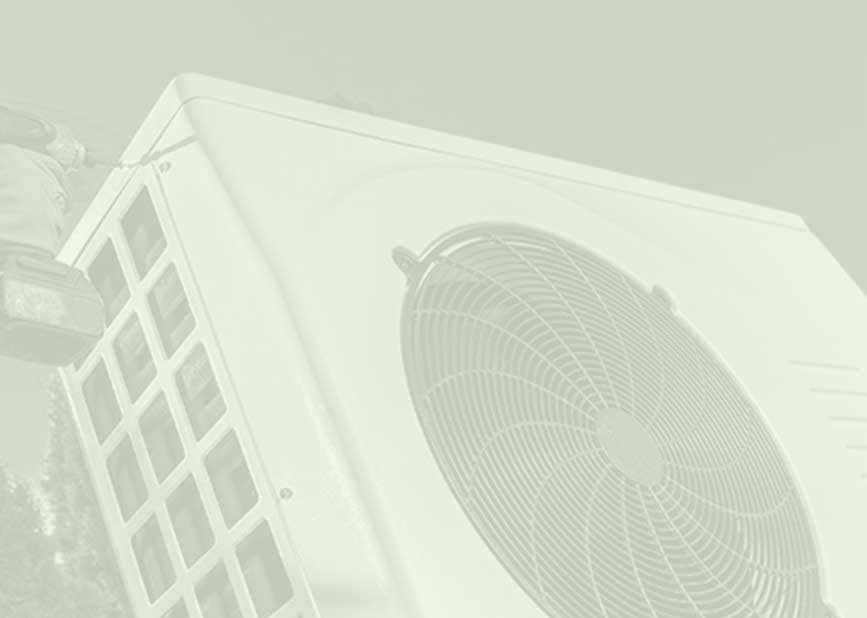


Swap your boiler for a heat pump installation, where heat is sourced from the air or ground.

A heat pump installation can be up to 4 times(1) as efficient as an old boiler system. Heat Pumps are currently the most cost-effective form of electric heating.(2)
Unlike gas boilers, heat pumps do not burn anything to generate heat. This means there are no carbon emissions from the installation itself. Getting a heat pump is a great way to help the UK reach net zero emissions by 2050.
Another benefit of heat pumps not burning any fuel is that the air around your home will be cleaner - there are no fumes produced. Heat pump filters also purify the air from dust making them a good option for people with allergies.
Properties that have more efficient energy systems and lower running costs are likely to be attractive to property purchasers. This may mean that people will pay more for homes with heat pumps installed.
If you already have solar panels or are thinking of getting them, it's possible for heat pumps to use the electricity provided by solar panels. This gives you less reliance on buying electricity from an energy company, and a more self-sufficient energy system.
There are two types of heat pumps - air source and ground source. Air source pumps use heat from the air, while ground source pumps collect heat from the ground. Costs vary according to the size of the heat pump, property size, and the actual heat distribution system within the home.
Air source heat pumps are more popular and usually cost between £7,000 to £12,000 for the complete installation. However, the UK Government provides grants of up to £5,000 through the Boiler Upgrade Scheme. This means the actual cost to you may likely be between £2,000 to £7,000.
When you consider that a pump could save you up to £375 per year(1) on your heating bills, it could take you as little as 6 years to recoup your investment. Not bad when heat pumps are known to last 20 years or longer!
To be eligible for the Government's Boiler Upgrade Scheme, you need to live in England or Wales and own your own property. Landlords properties may also qualify.
It's important to note that savings could be higher or lower than those discussed. We recommend getting a quote by using the form on this page. An installer can then provide you with specific costs for your property.